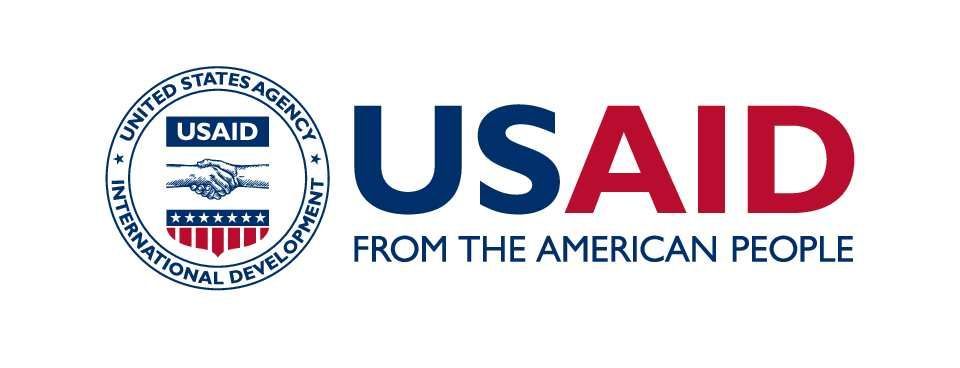Initiation of a KCMC -University of Minnesota Tumor Board
By Randy Hurley MD, cTropMed
HealthPartners and Regions Hospital Cancer Care Centers
Global Health Faculty, University of Minnesota
May 16, 2022
Using video conferencing techniques, the first of a planned monthly multidisciplinary tumor board was held Wednesday morning April 20th, 2022, at 7am Minnesota time (3pm Tanzania time). Medical and surgical oncologists and general surgery residents from KCMC participated with oncology professionals form Minnesota. Multidisciplinary case presentation at a tumor board is considered a quality metric for oncology programs.
Our Tanzanian colleagues presented three cases of rectal cancer that highlighted the often-late presentation of cancer, the degree of sophistication of KCMC’s diagnostic and treatment capabilities and the importance of geographic barriers to care.
One of the cases involved a 69-year-old woman with two simultaneous primary cancers: a muscle invasive bladder cancer and a locally advanced (T4N2b) rectal cancer. She had undergone evaluation with cystoscopy and biopsy, flexible sigmoidoscopy, computed tomography and pelvic MRI. Preoperative radiation therapy and neoadjuvant FOLFOX chemotherapy for rectal cancer was prescribed, much like we would do in Minnesota. However, a radiation facility is not available yet in northern Tanzania. The patient had to travel to Dar Es Salaam to receive her radiation. This would be equivalent to a patient living with cancer and receiving care in Minneapolis having to travel to Milwaukee to receive preoperative radiation therapy here in the United States.
There is an increasing incidence of colorectal cancer in Tanzania and sub-Saharan Africa. Our Tanzanian colleagues at KCMC have recently published their 10-year experience with colorectal cancer (Herman et al, JCO Global Oncol 2020;6:375-381). Their publication draws attention to the increasing incidence of colorectal cancer, the predominance of left-sided colon cancers, the often-late presentation and early age of onset. The authors speculate on the epidemiology of these features of colorectal cancer in Tanzania. They have considered changes in diet and exercise but also the possible contributions of as-of-yet uninvestigated factors such as genetic predisposition and infectious causes related to changes in the microbiome that may contribute to the rising incidence of colon cancer in northern Tanzania.


